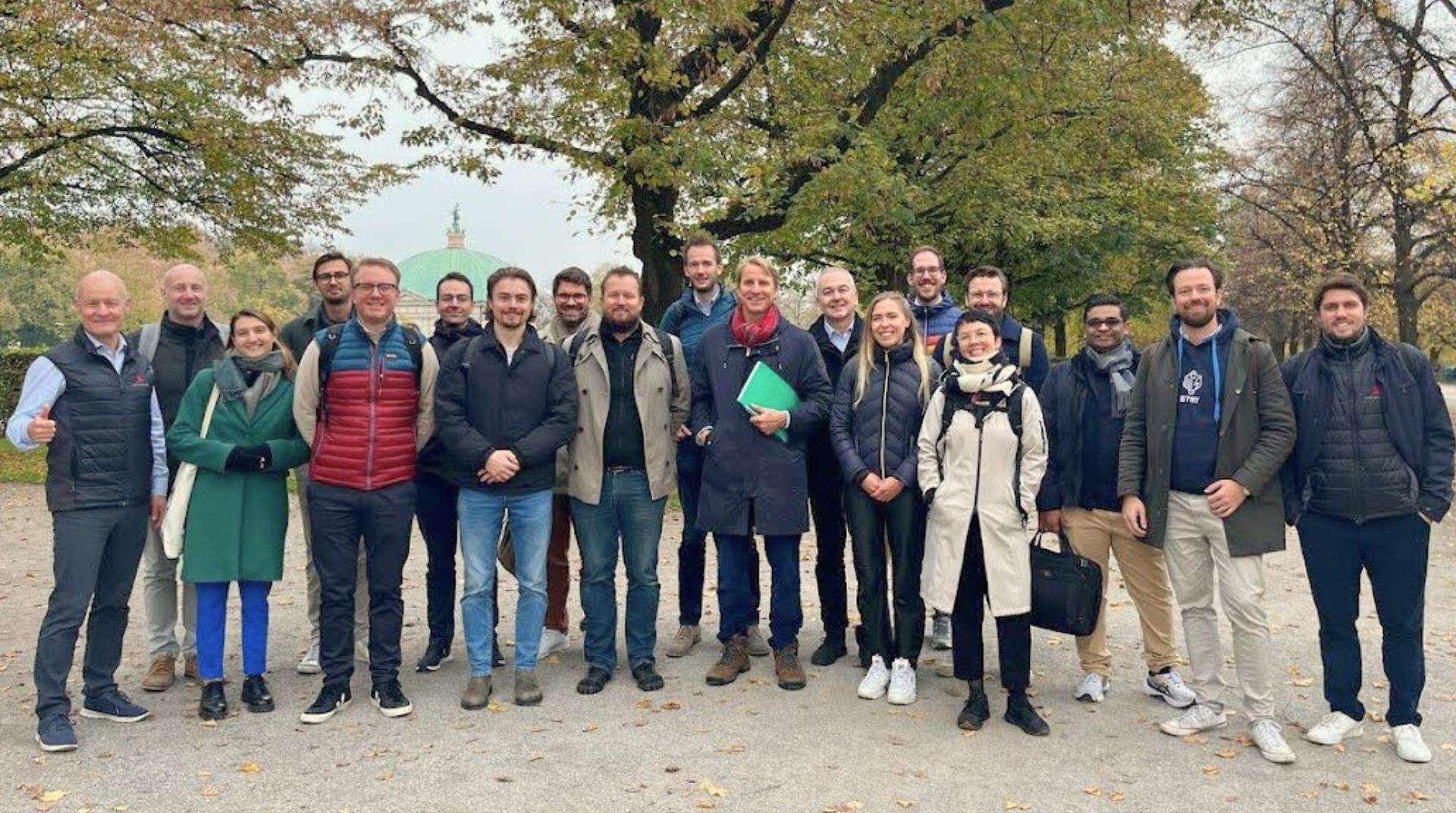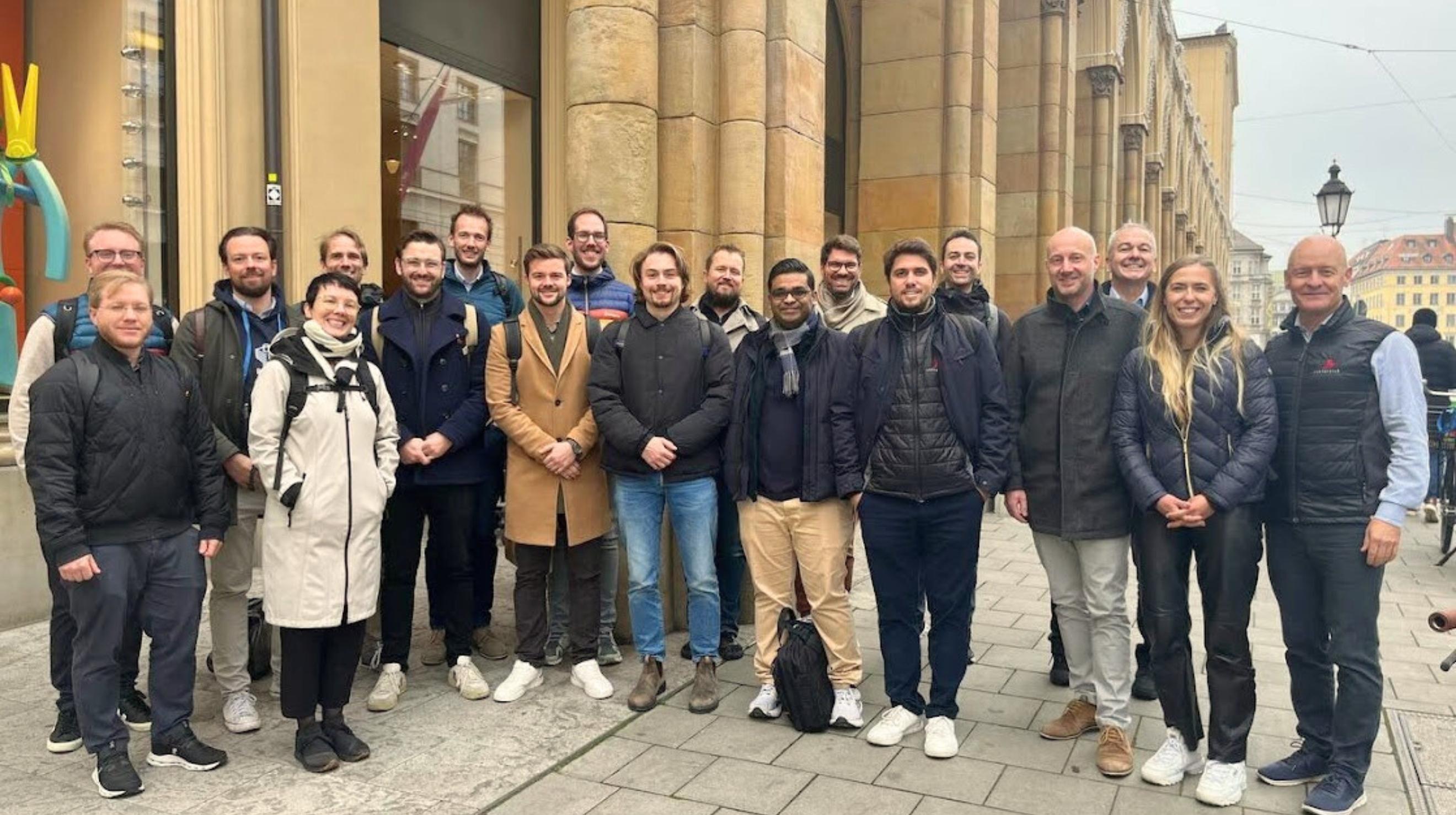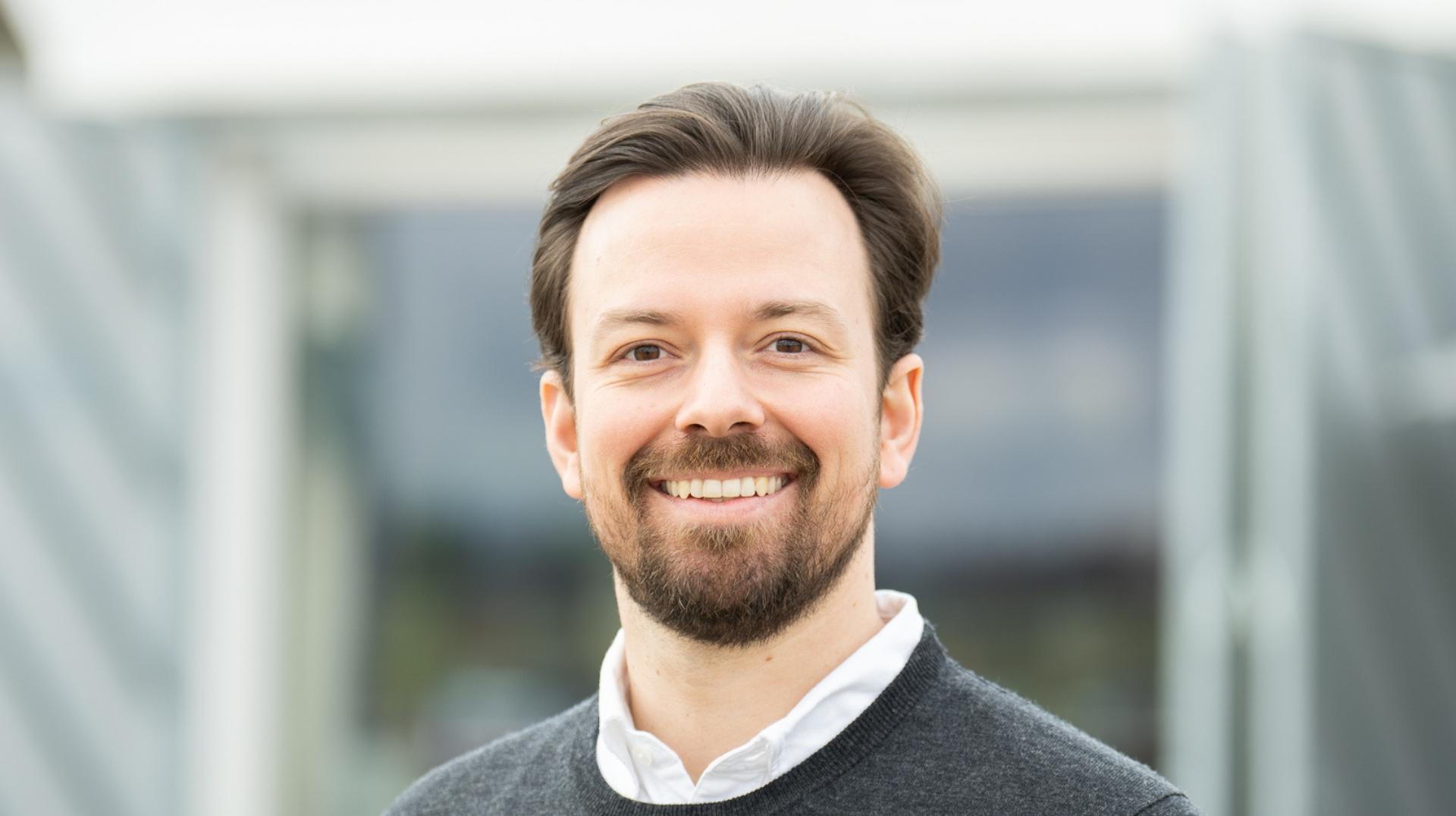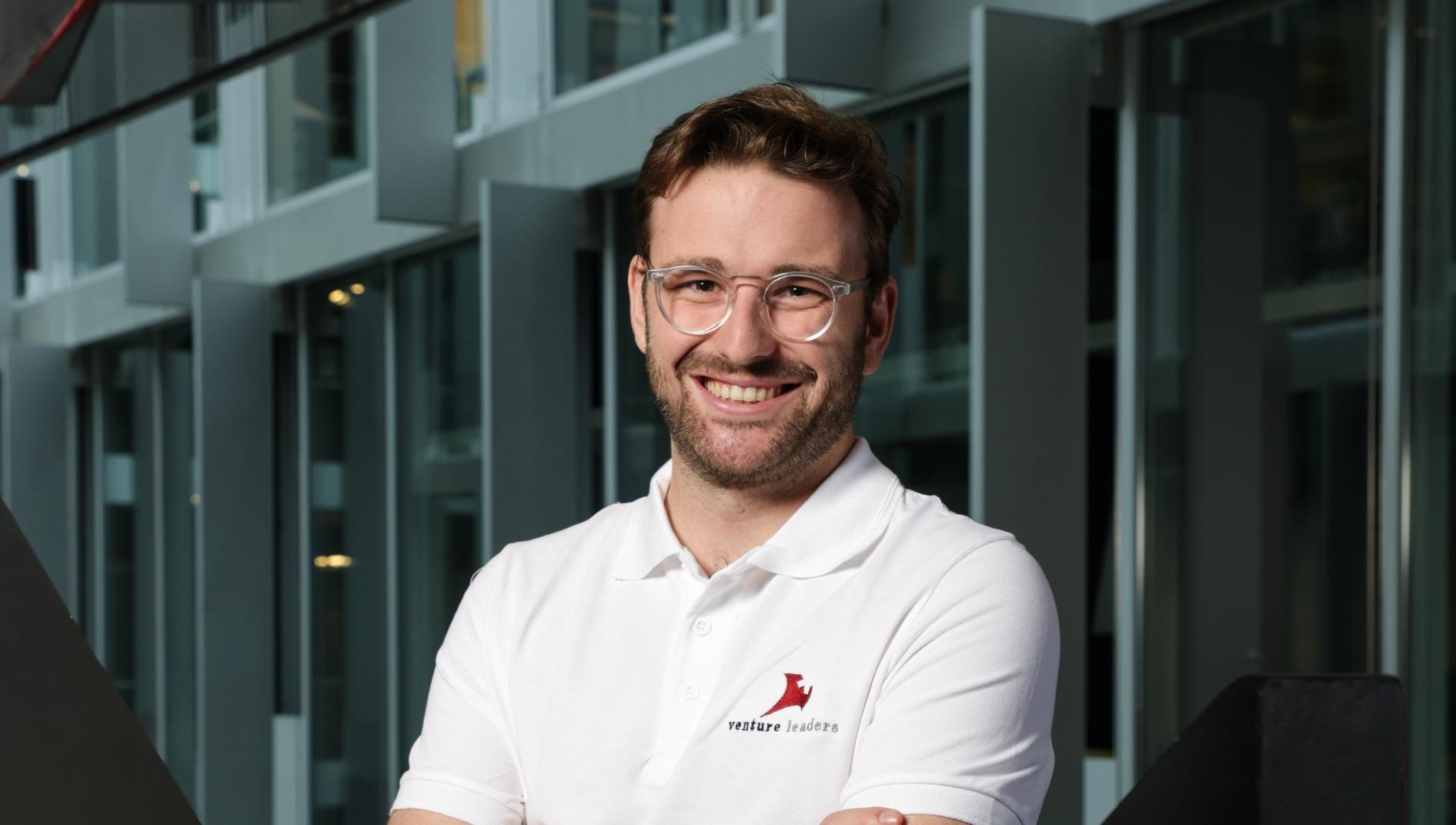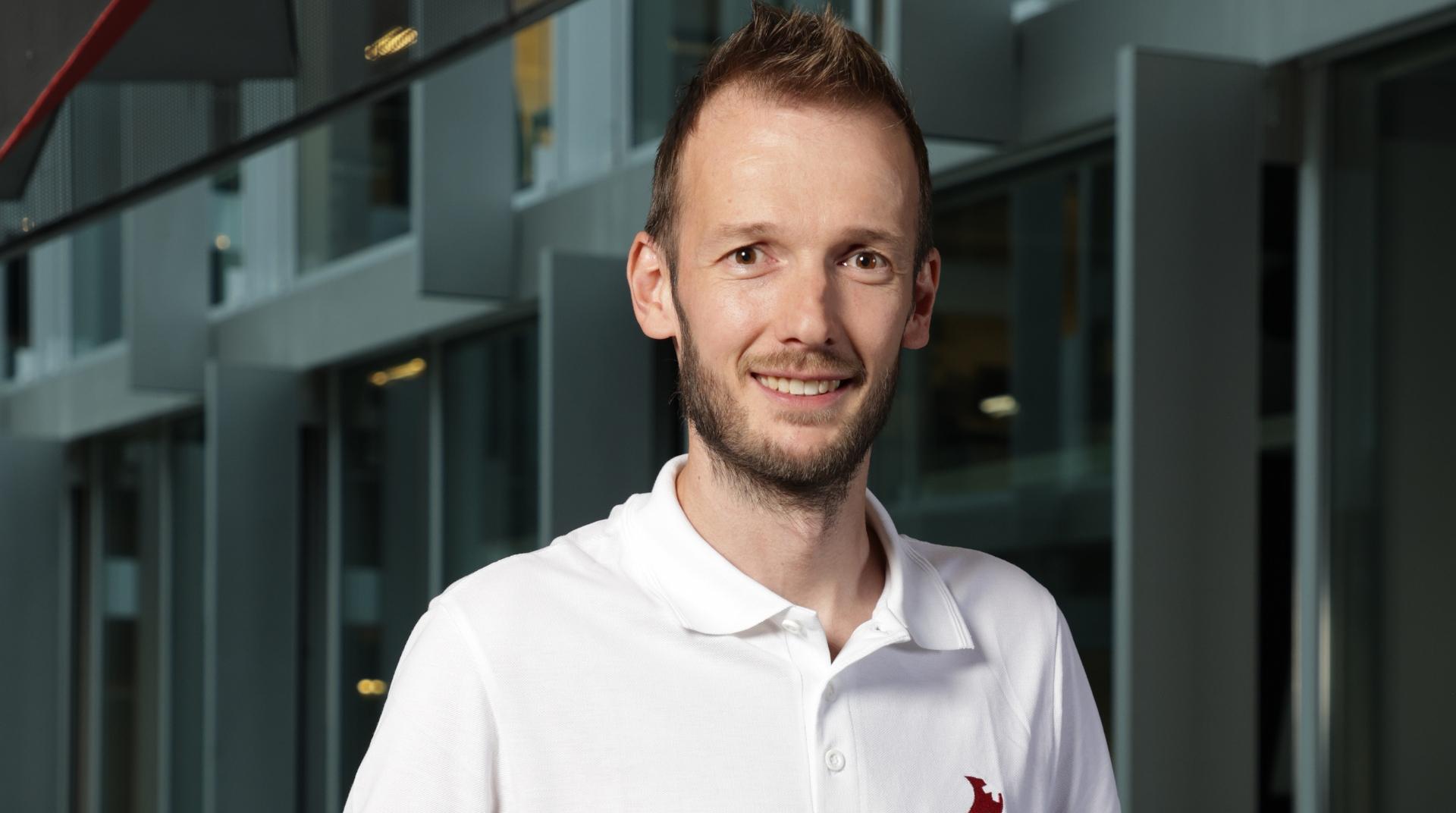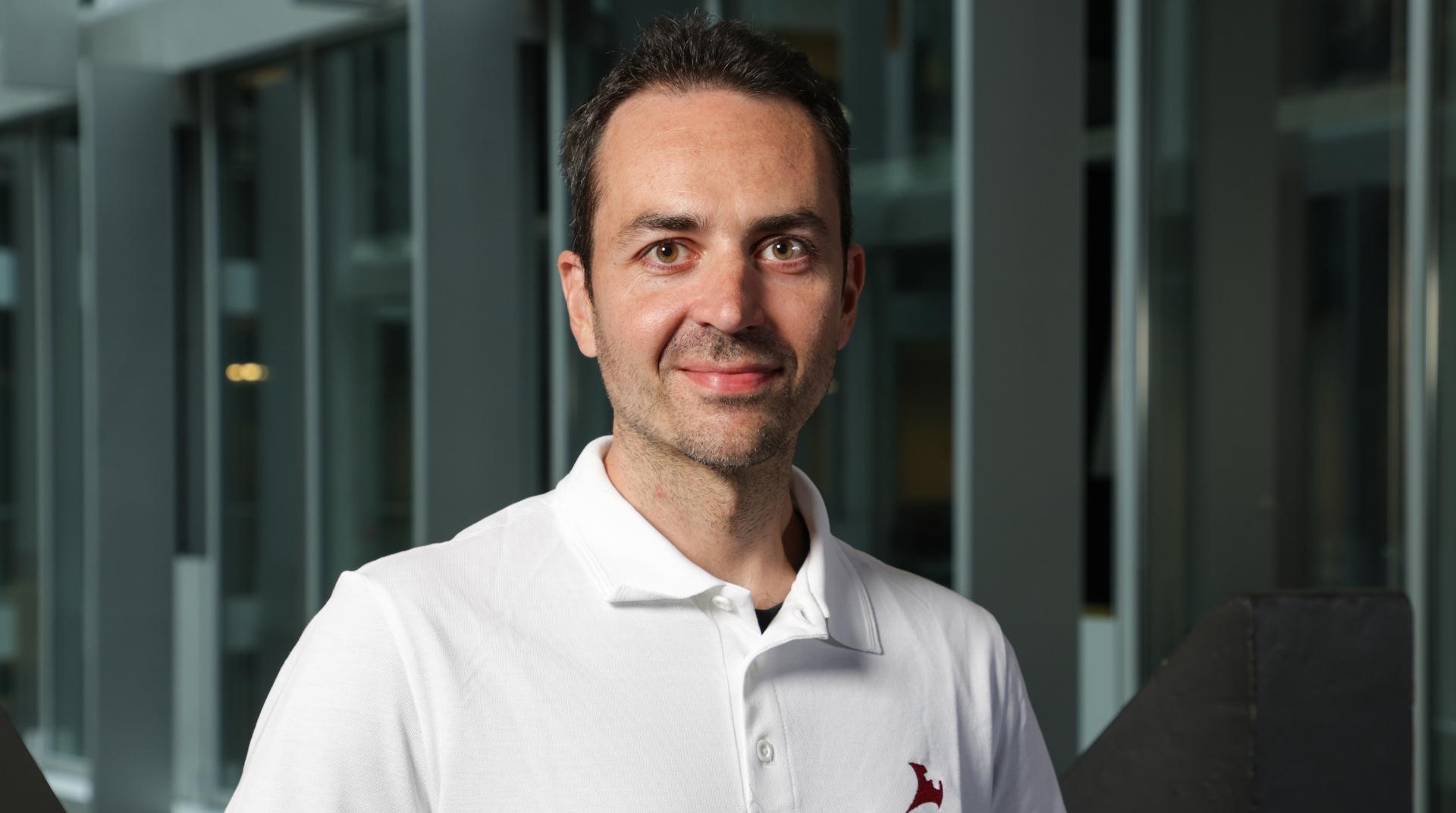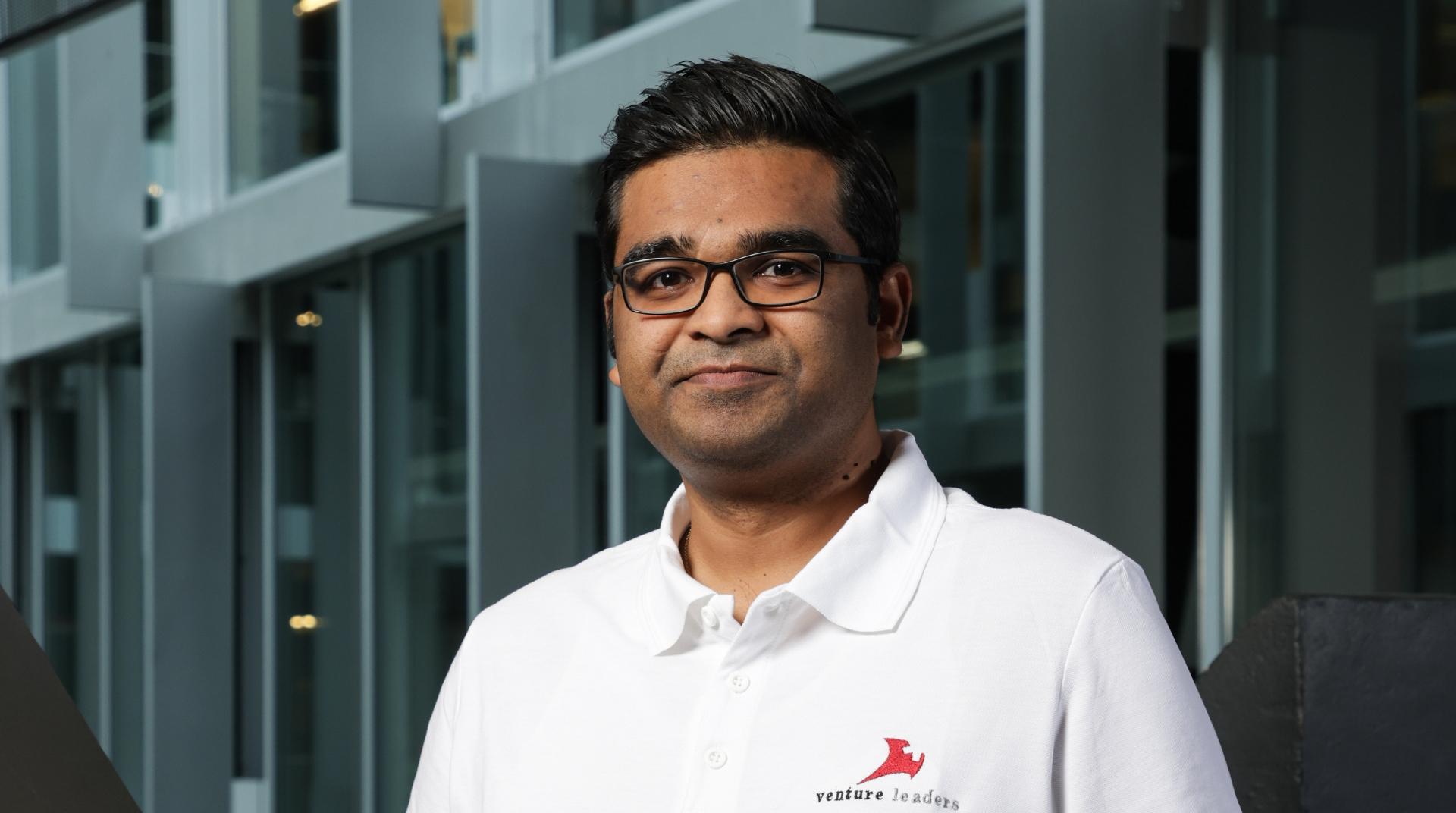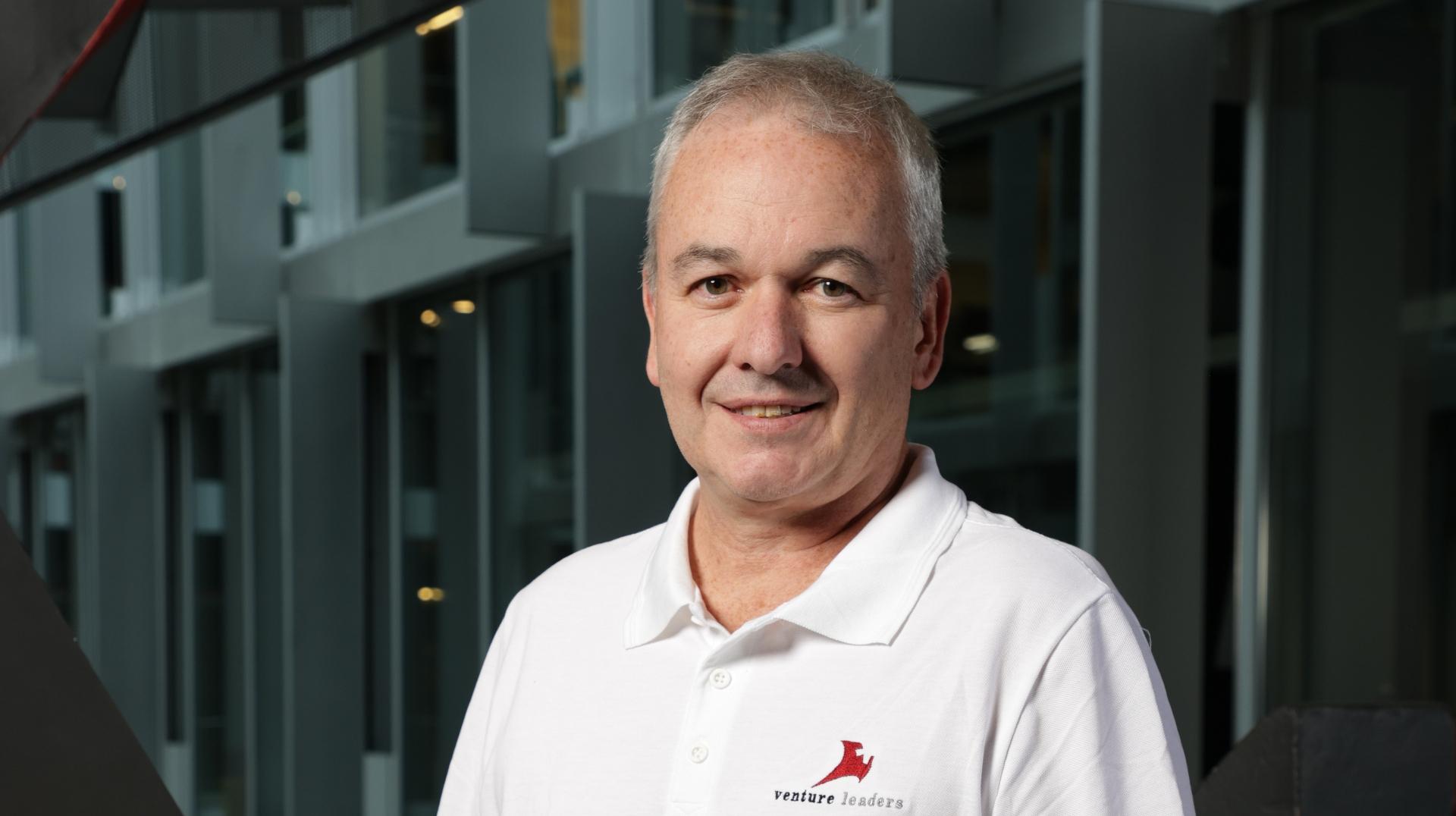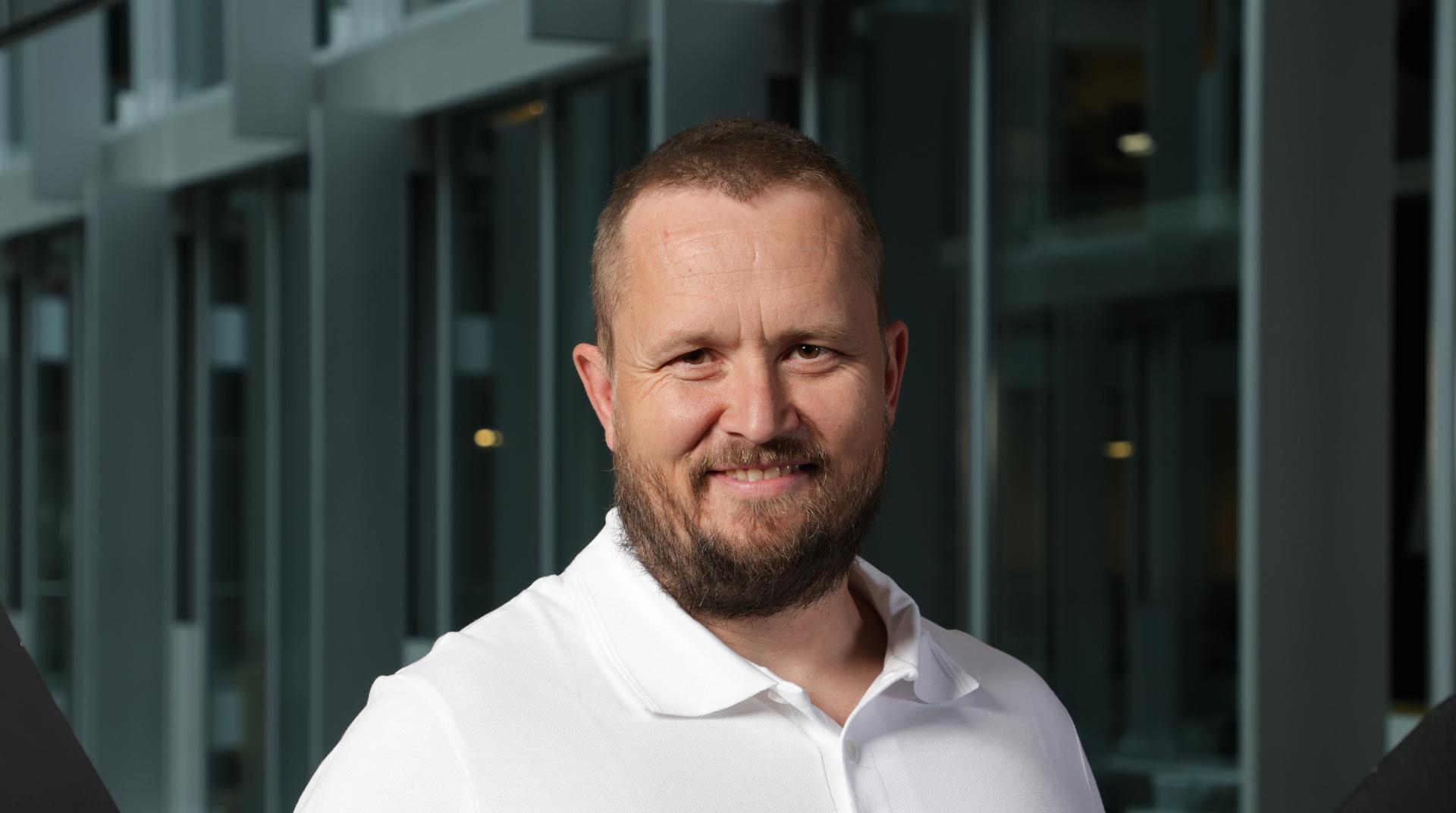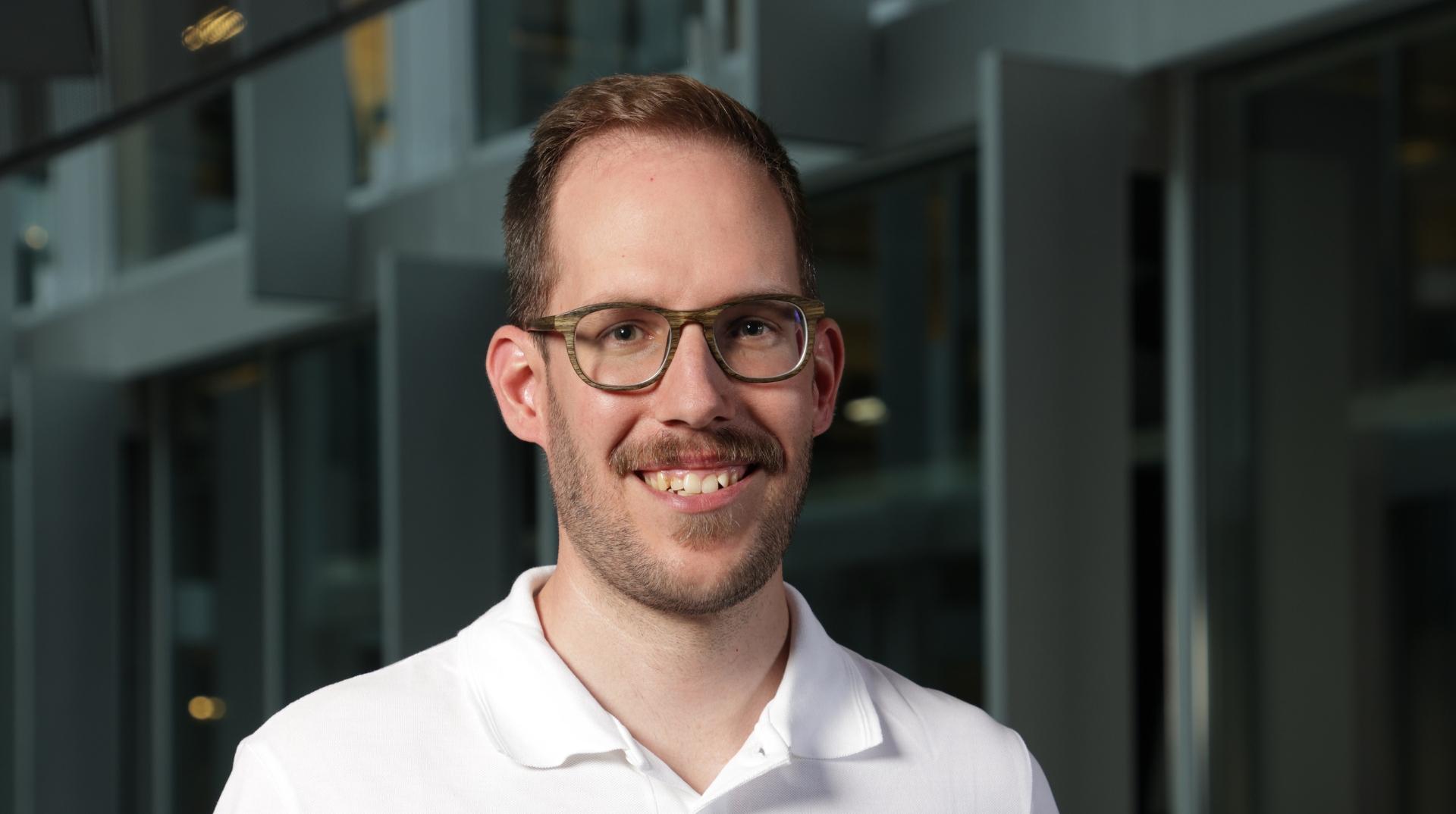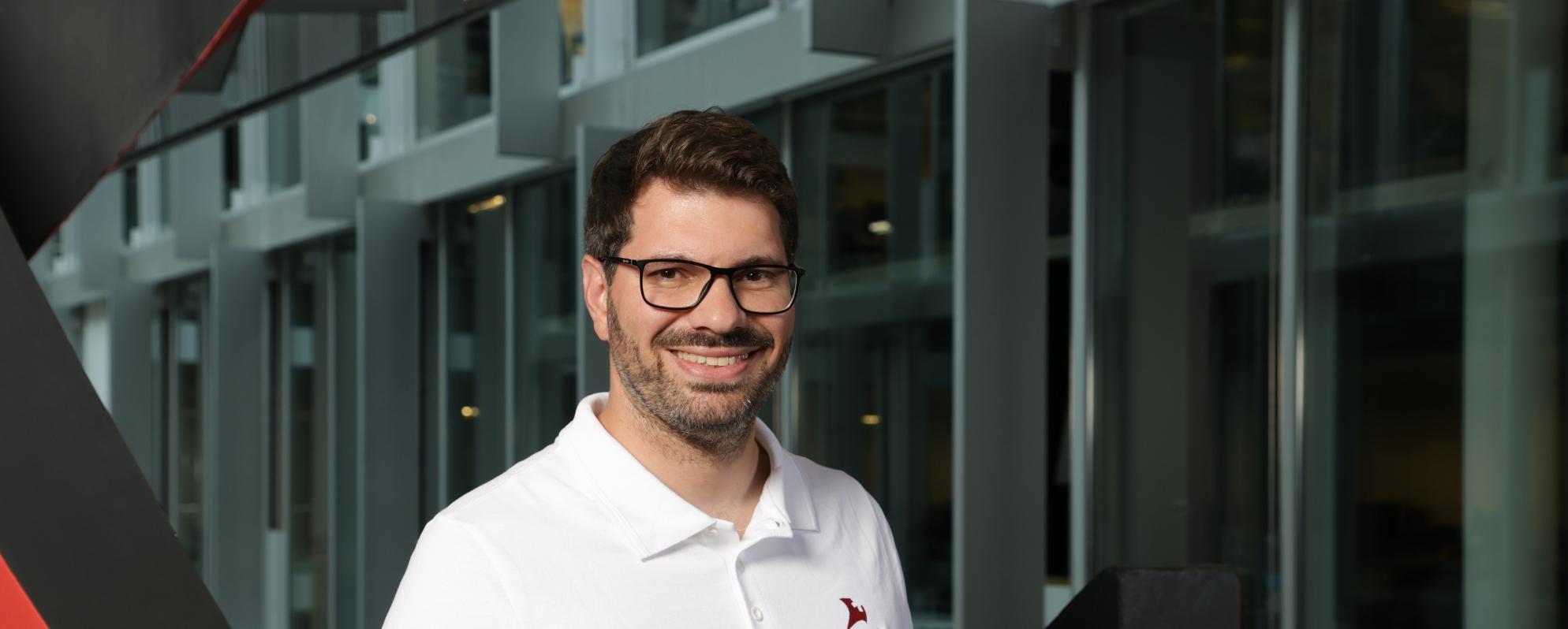Meet Jessica Droujko, CEO of Riverkin. The cleantech startup deploys high-resolution sensor networks for dynamic freshwater monitoring, delivering actionable insights for water quality and ecosystem health.
 Name: Jessica Droujko
Name: Jessica DroujkoLocation: Zurich, Switzerland
Nationality: Canada
Graduated from: ETH Zurich - Environmental Engineering and Mechanical Engineering
Job title: CEO & cofounder
Number of employees: 3
Money raised: 543k non-dilutive
First touchpoint with Venturelab: Venturelab Business Creation ICT course
Can you tell us who your product or solution helps, and how?
Our product empowers ESG and site managers to effectively manage the changing earth-water cycle, meet water reduction targets, and mitigate water risks. Our Water Data Ecosystem (WDE) combines self-developed sensors, a database, and SaaS to deliver actionable data on temperature, flow, turbidity, and conductivity. This solution simplifies system management and provides critical insights. With our data and machine learning models, clients can optimize water release cycles, reduce flood risks, identify polluters, and enhance preparedness for natural events, ultimately reducing pollution, improving biodiversity, and achieving water targets.
What market are you addressing and what is the potential of your startup in that market?
The global smart water management market, valued at CHF 16 billion, is projected to grow to CHF 28 billion by 2034, with a serviceable obtainable market (SOM) of CHF 1.4 billion. Key opportunities stem from regulatory demands, extreme weather, and a shift toward sustainability. Our primary customers are hydropower plants and the manufacturing sector, particularly food and beverage. Hydropower plants, our pilot users, leveraged our system for water release coordination, improving storm response. In manufacturing, we offer early-warning systems to adapt to the changing water cycle, reduce pollution, enhance biodiversity, and meet water reduction goals.
How and where did you come up with the idea for your startup?
As a whitewater kayaker, I always had a passion for rivers. Riverkin was founded out of a deep-rooted passion for preserving and improving these rivers and freshwater ecosystems, in general. When I was ready to leave the gas turbine sector, I asked my kayaking friends (who were mostly fluvial ecologists, geologists, and biologists) “What can I build for rivers?” During my PhD at ETH Zurich, I developed a water quality sensor after being told that there is a significant gap in accessible, real-time data on river health.
"The most rewarding aspect of being a founder
is when the client tells you
that they are happy!"
is when the client tells you
that they are happy!"
What do you expect from the Venture Leaders Cleantech roadshow, and how will it help you achieve your vision?
Participation in the Venture Leaders program will be transformative for Riverkin, accelerating our global expansion. As we scale from pilot projects to deploying 100,000 sensors worldwide, the program’s business development journey to Munich is perfectly timed. Munich's water challenges, including Isar River flooding, highlight the need for our advanced solutions. Connecting with major companies like Paulaner and hydropower plants will enable strategic partnerships and drive the adoption of our technology. The program's mentorship will strengthen our business development, international strategies, and investor relations, positioning Riverkin as a top Cleantech startup and leading innovator in clean technology.
What are your team’s key achievements to date?
We have our first paying client, where we installed 8 sensors (TRL6) for them on a few rivers in Graubunden, Switzerland. We’ve won several grants and competitions, including the #LTST24, femella x START, and Venture Kick (stage I) pitch competitions. We also won the ETH Pioneer Fellowship, BRIDGE PoC, ESA BIC, and Yvonne und Alberto Galbiati Stiftung. We raised a total of CHF 345k and EUR 200k. Our solution has been used in the Swiss National Park, in Greenland, in the Rhône, and with EAWAG in Appenzell. We also have 12 letters of intent from clients.
What is the most challenging and rewarding aspect of being a founder?
The most rewarding aspect is when the client tells you that they are happy! A close second place is when the sensors are still in the river after a flood. But this is probably tied with being able to build a startup with a stellar team that you trust. The most challenging aspect is probably the exercise in resilience. Constantly fighting the bugs on the PCB, the negative investor/grant calls, working till 1 am, and working on weekends.
What is the most important lesson you have learned as a founder?
I am still learning it, but I think the most important lesson that I am currently learning as a founder is to block time for myself. Unfortunately, the to-do list doesn’t get shorter, the inbox keeps growing, and the number of open tabs keeps growing. I am learning that I have to block time for myself because the company won’t fall apart if I go to the gym at lunch or if I decide to cook myself dinner one evening (I write all of this 1h before the interview deadline when I planned to do yoga tonight… still learning).
What is your favourite productivity hack/tool and why?
The “Do Not Disturb” functionality on my phone and computer because you can get a lot done in 1h when you’re free from LinkedIn notifications and inbox pings.
What was your dream job when you were a child?
As a child, I wanted to be an astronaut and a film director (yes, simultaneously). When I analyze this now, I think my fascination with astronauts was that they were scientific explorers, making the unknown known. And my fascination with film directors was that they were talented storytellers. I see now that the combination of discovery & innovation, coupled with good storytelling and connecting with your audience, is essential for winning clients, fundraising, and overall good startup practices.
Riverkin GmbH: A sensor platform to manage water risk.
Riverkin deploys Water Data Ecosystems (WDEs) with ML-enabled Smart Sensors, developed by our CEO at ETH Zurich. Our WDEs provide real-time data and AI insights, helping industries like hydropower, ma... Read more


